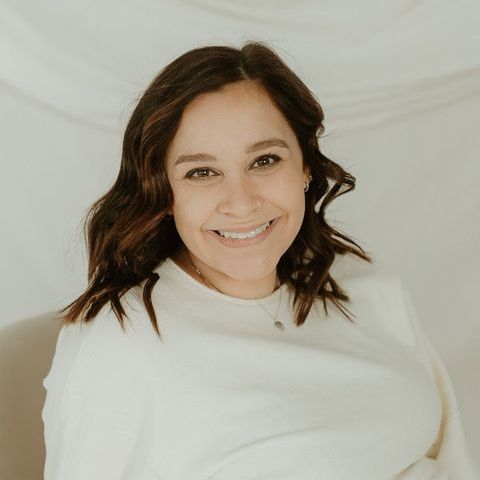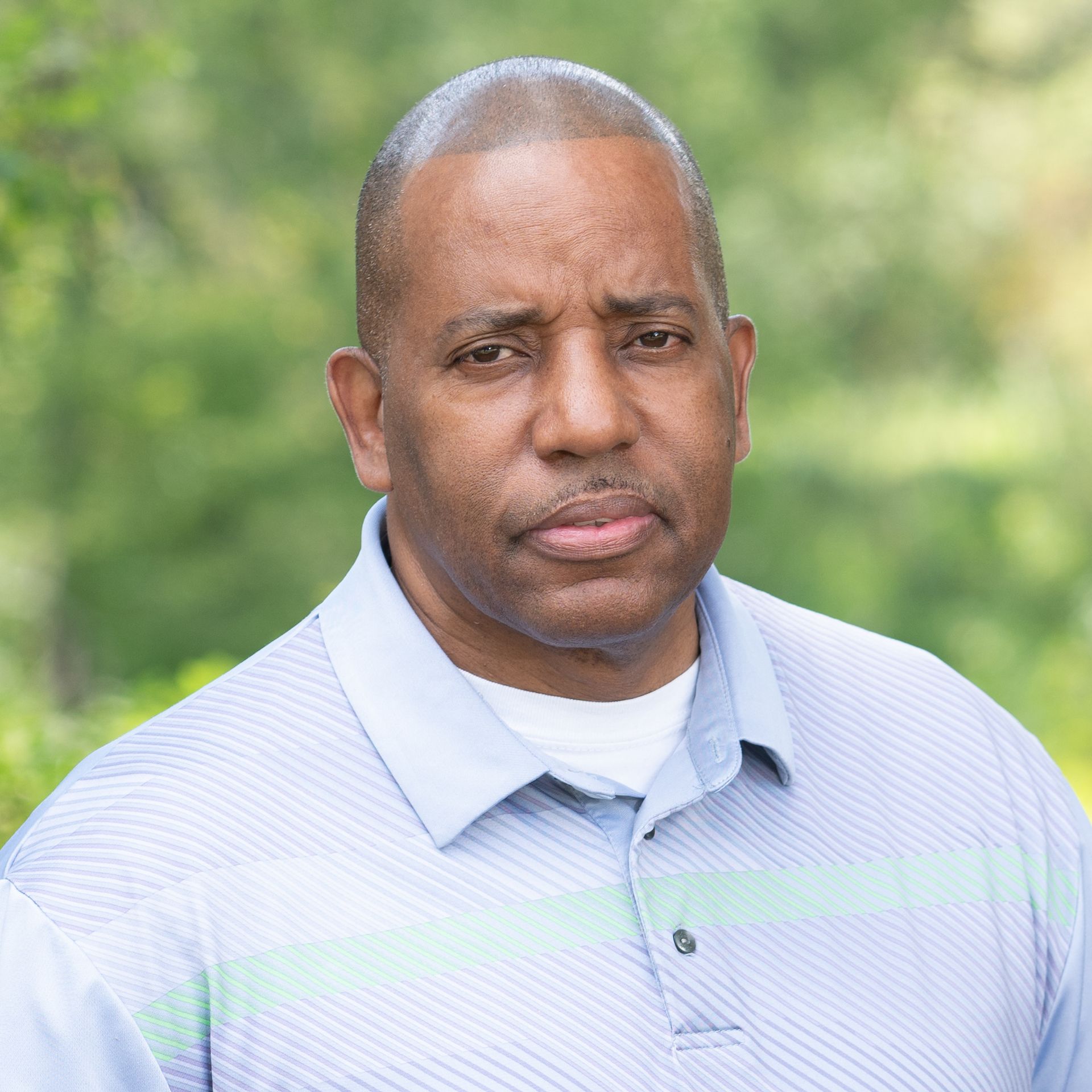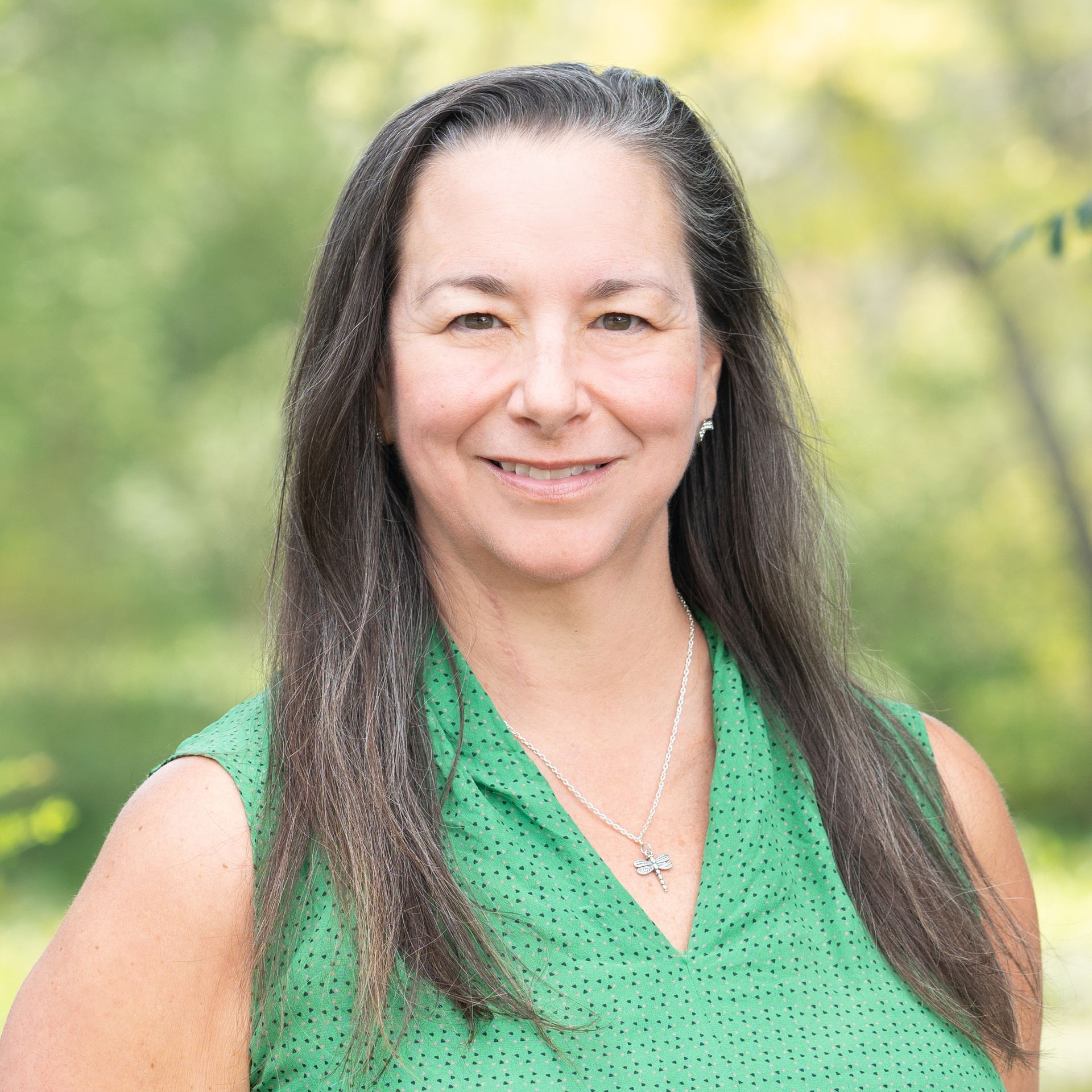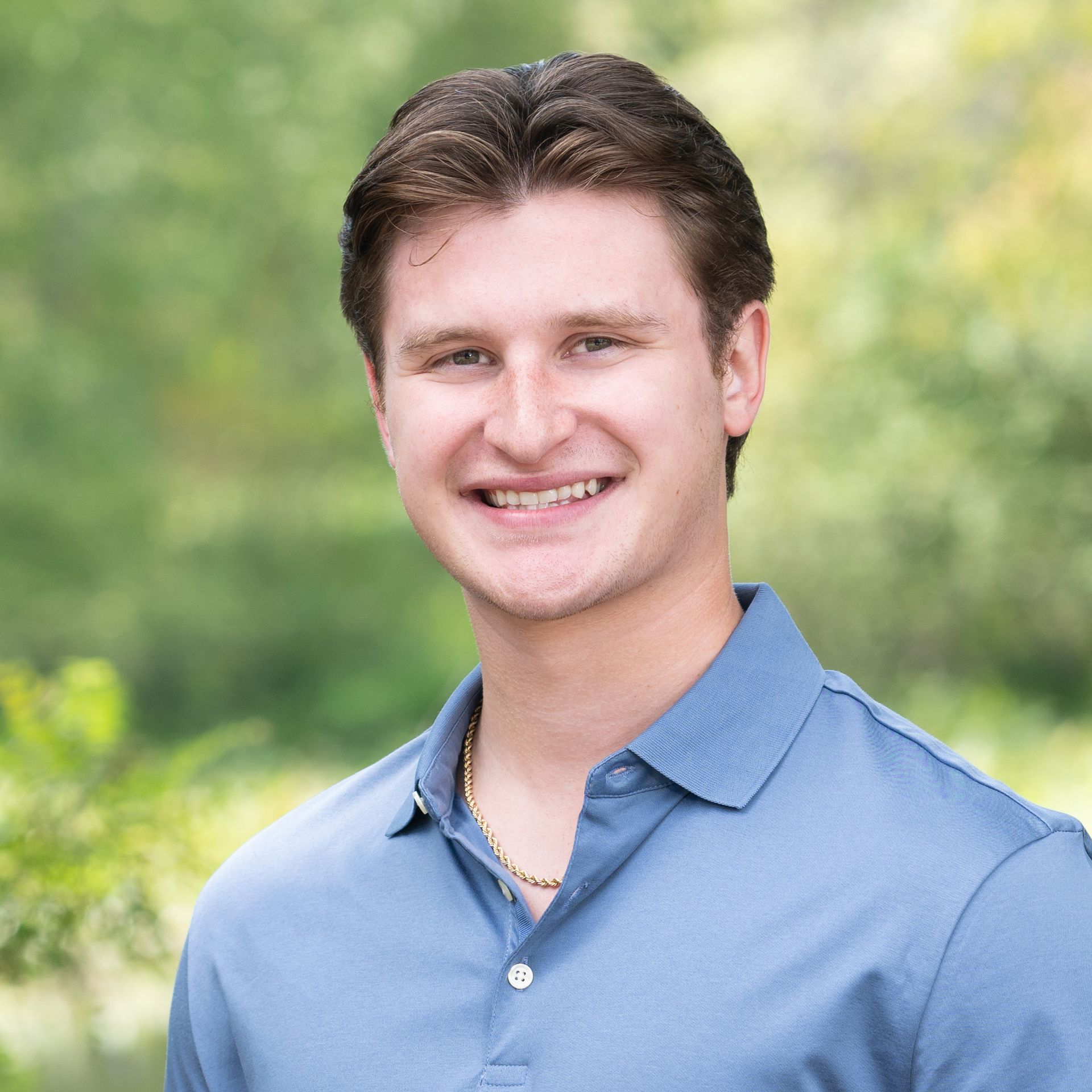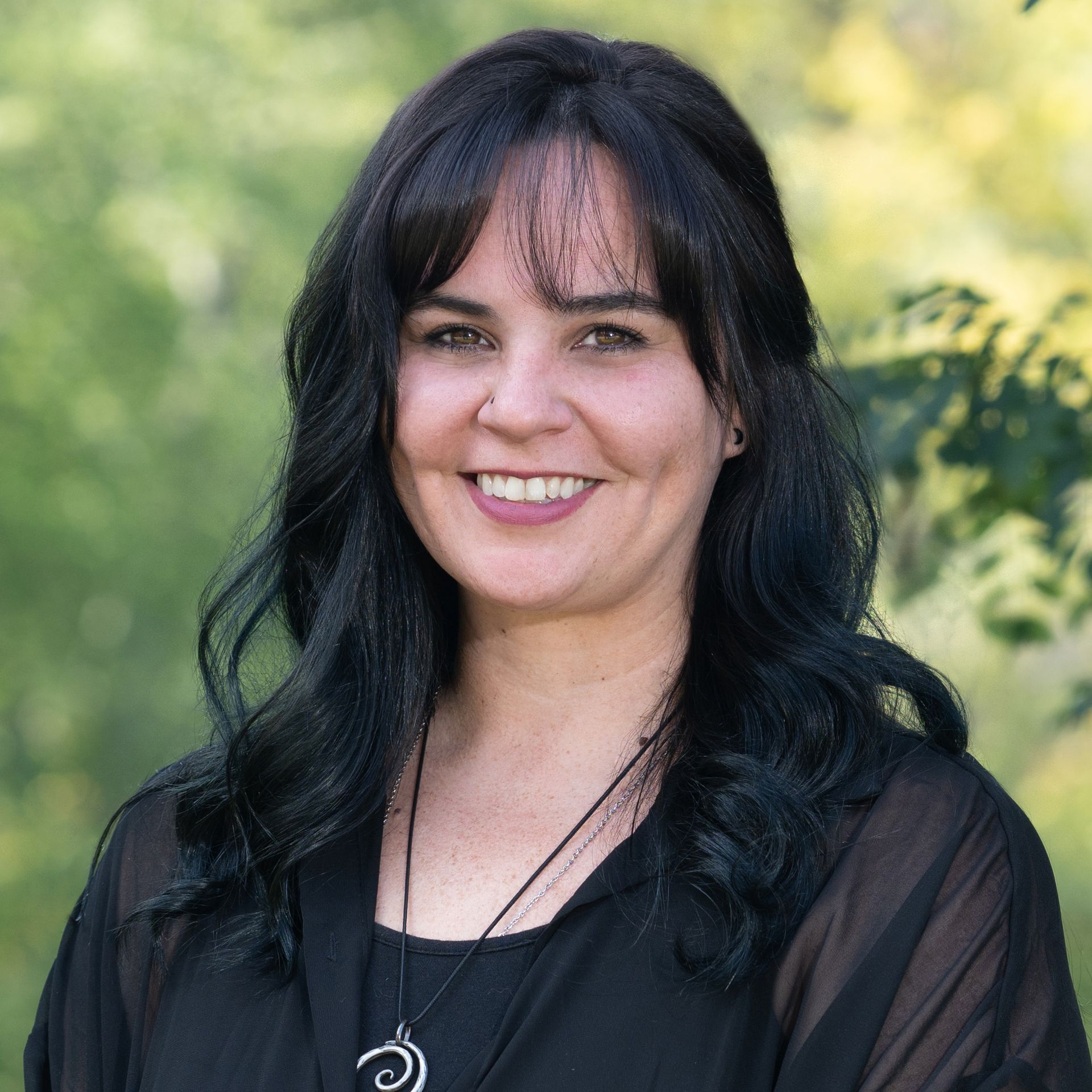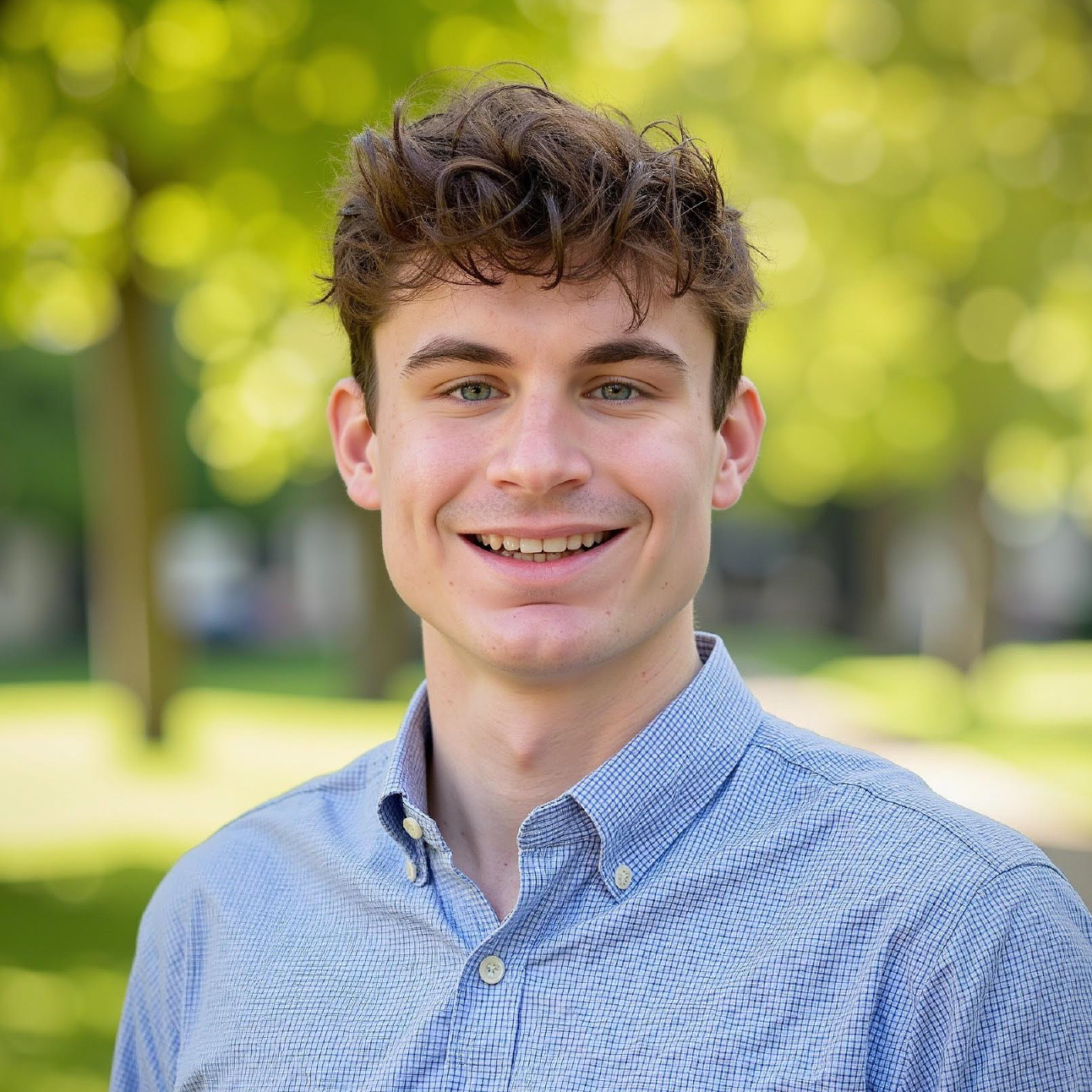Guiding teens and their families toward wholeness since 2008
Direction Behavioral Health supports families with structured behavioral health programs for teens and children.

We’ve helped thousands of children & teens find a new Direction
We believe in focusing on the basics to help youth grow into healthy and independent adults by taking a holistic approach to mental wellness. We focus on finding solutions rather than dwelling on problems.
What Makes Direction Different
Our mission is simple and reflected in our treatment model: We empower kids to function better as individuals and in society, recognizing their value and that of others.
01
Simple and down-to-earth approach
Our treatment approach is simple and honest, free of acronyms, jargon, buzzwords, empty phrases, and gimmicks. We aren’t about “adding tools to the toolbox” or about learning superficial coping skills. Instead, we’re about growing into healthy, mature, and independent adults, focusing on relationships and habits.
02
Stellar facility
Our new facility is over 8,000 square feet and spread over two levels. It includes a gymnasium with a basketball hoop, pickleball net, and professional-grade exercise equipment. We also have numerous musical instruments and a PA system, so we could (and will, at some point) put on a rock concert here. We’re located at one end of Mines Falls, which offers great nature trails for daily walks.
03
A Legacy of Dedication and Experience
We’ve been open since 2008 without a change in ownership. Direction is owned and operated by a child and adolescent psychiatrist who is a clinician first and integrally involved in the day-to-day care here. We’ve built an outstanding reputation in the community and helping over 3,000 kids and their families. Many kids have told us the experience changed their lives, and two came back sporting Direction tattoos!
04
Our Committed, Hand-Picked Staff
Direction has never hired from an advertised position. Every clinician has been hand-picked based on their skill, love of working with kids, commitment to our treatment approach, and a lifestyle that mirrors the philosophies we teach our kids.
OUR STAFF
ORIGIN STORY
How Direction Behavioral Health began
"This kid doesn't need meds; he just needs to smarten up."
These were the words of Joe Walsh, LCMHC, about a troubled teenager in a conversation with child psychiatrist Duncan Gill, MD. This exchange marked the beginning of their unlikely partnership—Duncan, a Harvard-educated psychiatrist, and Joe, a street-smart behaviorist with deep skepticism of Western medicine. Despite their initial differences, including Joe’s homegrown “Wholistic Education” system, they soon discovered common ground: a shared frustration with traditional treatments and a passion for doing better.
Both brought years of clinical experience to the table—Duncan from hospitals and group homes and Joe from his work at Nashua Children’s Home. United by their vision, they took a leap and founded Direction Behavioral Health Associates, launching the area’s only Intensive Outpatient Program (IOP) for adolescents and later adding a Partial Hospitalization Program (PHP).
Running a business didn’t come naturally, but through trial and error and learning to trust each other, Joe became open to medication in some cases, while Duncan grew to appreciate Joe’s unconventional perspective.
The success rate for start-up businesses is low. We are sure it’s lower for non-business people trying to build a sustainable model in the mental health industry. Nevertheless, Direction has appeared to beat the odds and is still going strong all these years later.
Careers
We are always interested in meeting therapists and general staff with similar values who are looking for full- or part-time positions. Check out our Leadership Principles and Behavioral Guidelines here.
Feel free to email us your resume to
info@directionbehavioralhealth.com.

How can we help you and your child take a new Direction?
With our empathy, personalized approach, and commitment to treating the whole person, we create a transformative experience for every young person who walks through our doors. By fostering a nurturing and supportive atmosphere, we encourage youth to explore their feelings, confront challenges, and pursue personal growth at their own pace.






